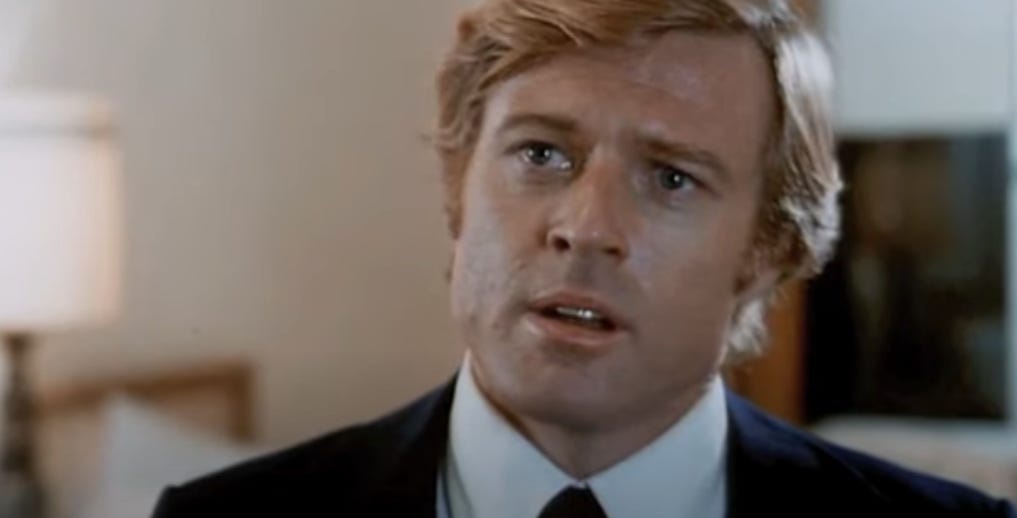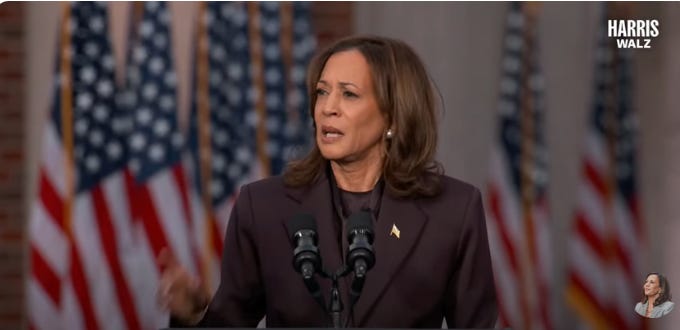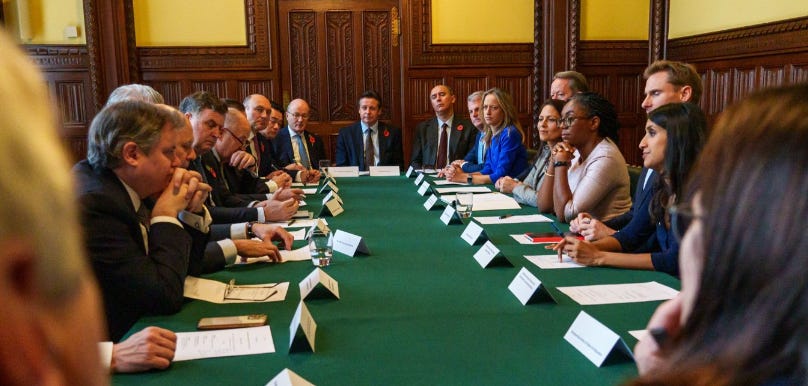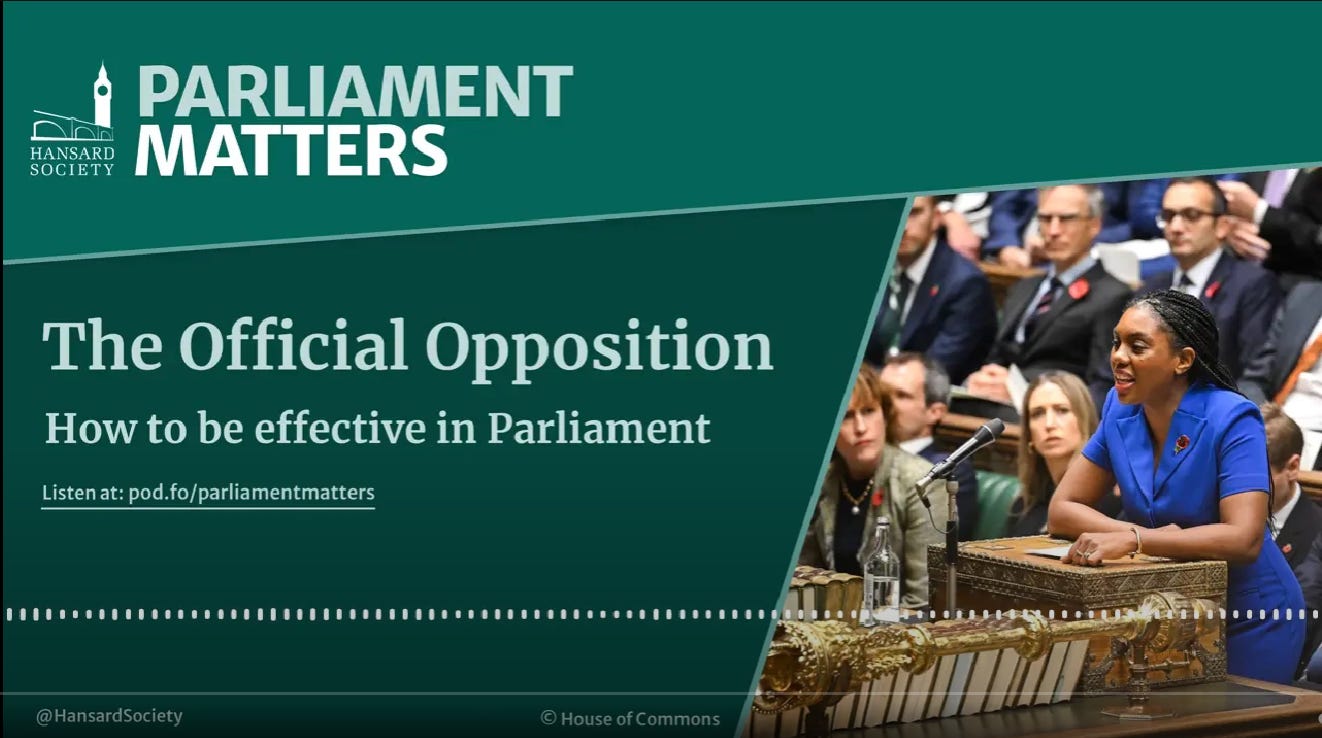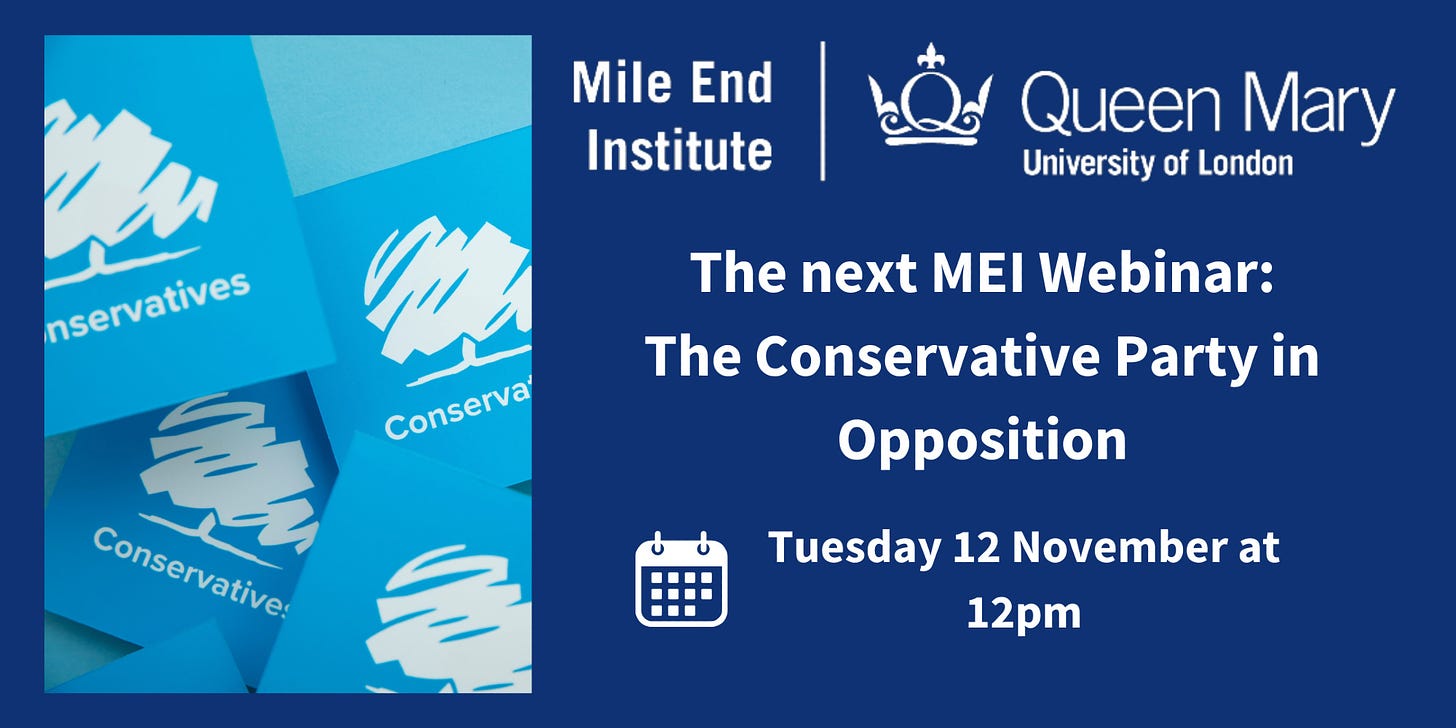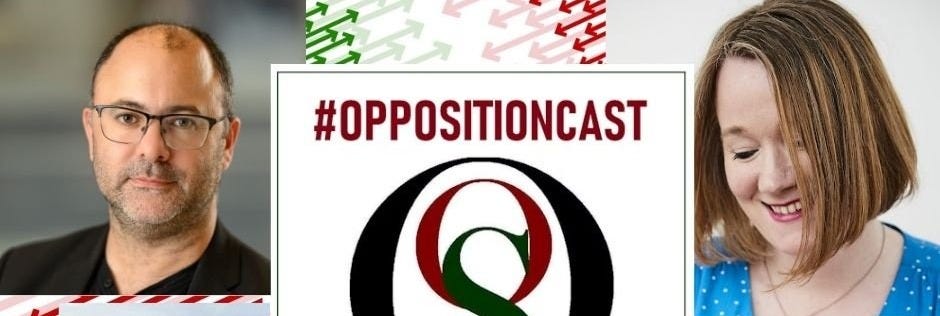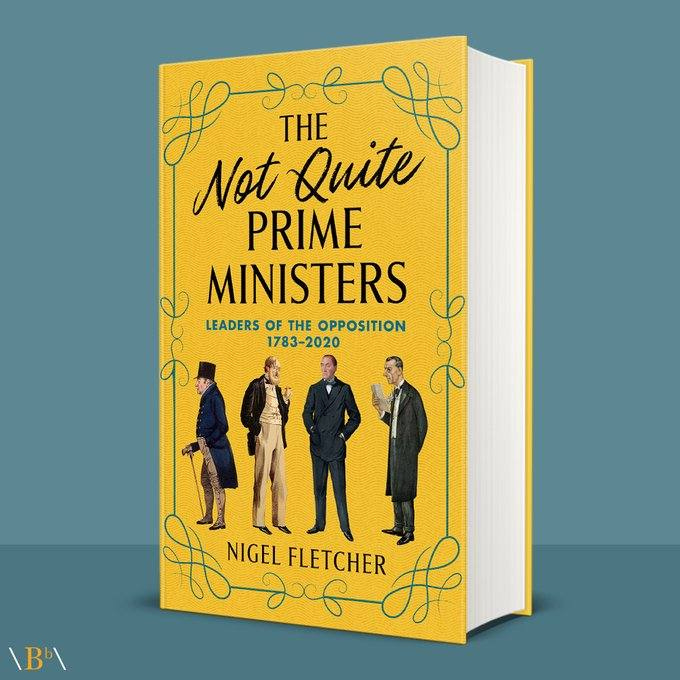"What do we do now?"
The campaigns are over, the winners have savoured their victories, but now comes the tricky bit...
One of the best lines from a political film comes at the end of 1972’s The Candidate, when Robert Redford’s character (spoiler alert) wins an unlikely victory in a Senate race. Holed up in a hotel room at the moment of victory with media and supporters clamouring outside, he turns to his campaign manager and asks quietly “What do we do now?”
It is a question that is never answered in the film, but anyone who has ever won an election will probably identify with the sentiment on some level. Indeed, at the moment of his own triumph in the 1997 General Election, Tony Blair is reported to have made exactly this comment. Making his way through a crowd of cheering supporters as the new dawn broke over London’s South Bank , he encountered his predecessor as Labour leader, Neil Kinnock. As the pair embraced, Kinnock says Blair whispered in his ear “OK wise guy, what do we do now?”.
In reality, winners will have spent a great deal of time thinking about what they will do in office, even if the best laid plans have a habit of going awry when they meet the harsh realities of governing. But for those on the losing side, there are rarely any plans in place for what they and their party have to do next. The understandable urge after a bruising defeat is to slink away and avoid confronting the consequences. But sooner or later, they too must face their Robert Redford moment and start to answer the tricky question.
Accepting the result
The immediate aftermath of an election, when the battle’s lost and won, is usually a time of some uncertainty, as people wait to see what the winner does with power and how the losing side responds to their defeat. But in western democracies we can at least usually count on the participants in an election accepting the legitimacy of the result. However tough the campaign, however devastating the defeat, the losing candidate will grit their teeth and concede the result.
Of course, this can no longer be taken for granted. Donald Trump’s refusal to concede defeat after the 2020 General Election, and his role in encouraging the violent attack on the US Capitol on January 6th, were profoundly shocking. The functioning of a representative democracy relies fundamentally on the concept of “Loser’s consent”, in which the defeated side in an election (and their supporters) accept the legitimacy of the winners. Seeing a President of the United States of America wilfully abandoning this tenet of democracy was profoundly disturbing.
Four years on, Trump is on the winning side again. And it is striking how very different is the response of those he has defeated. Vice-President Kamala Harris gave an idealistic concession speech, in which she directly addressed the principle of loser’s consent:
“Now I know folks are feeling and experiencing a range of emotions right now. I get it. But we must accept the results of this election. Earlier today I spoke with President-elect Trump and congratulated him on his victory. I also told him that we will help him and his team with their transition, and that we will engage in a peaceful transfer of power.
A fundamental principle of American democracy is that when we lose an election, we accept the results.”
The crowd at her event cheered this pointed reference to Trump’s behaviour in 2020, but Harris’s speech was more than point-scoring. It was reasserting a principle that we must never take for granted. Seeing the losing candidate make such a speech is the essence of democracy. The peaceful transition she talked of was then vividly symbolised by President Biden inviting Trump to the White House for a convivial meeting, handshake and public congratulations. The meeting was the revival of a traditional courtesy that Trump had himself refused to extend to Biden.
Had Trump lost again, we would almost certainly be steeling ourselves for more violent scenes at the certification of the electoral college result by Congress in early January. In fact, what we will see is Vice-President Kamala Harris, as the outgoing President of the Senate, presiding over the certification of her own defeat, just as her predecessor Al Gore did in highly contentious circumstances in 2001. She will not just accept the result - she will ratify it before the eyes of the world. Whether this powerful example will be enough to restore respect for the electoral process across the partisan divide remains to be seen, but it will certainly provide a profound contrast to the events of four years ago.
Meanwhile in the shadows…
Back on this side of the Atlantic, Kemi Badenoch has had an eventful start to her tenure as Leader of His Majesty’s Loyal Opposition (the full title, which she made a point of stressing in her victory speech). Having been declared the winner on Saturday 2nd November, she gave her first major media interview to the BBC’s Laura Kuenssberg the following day, then set about appointing her first Shadow Cabinet, which met for the first time on Tuesday, 5th November. She then had to face Keir Starmer across the despatch box for her first appearance at Prime Minister’s Questions on Wednesday, as news of Donald Trump’s victory in the US sank in.
Since then, she has had another outing at PMQs, and made her first appearance at the Cenotaph on Remembrance Sunday alongside The King and the Prime Minister. Unlike her Labour predecessors Michael Foot and Jeremy Corbyn, who attracted criticism for their choice of coats, Badenoch avoided causing controversy as she fulfilled her solemn duty of laying a wreath on behalf of the Opposition, under the watchful eyes of a record number of former Prime Ministers.
In assembling her Shadow Cabinet and the rest of her front bench team, Badenoch has faced particular challenges, not least of which is the historically small number of Conservative MPs from which she has had to choose. With the number of government ministers standing at more than 100, it would take almost the whole Conservative parliamentary party to shadow them all. This would be practically impossible, given those former ministers who have decided to return to the backbenchers and those who are serving on select committees. Instead, Badenoch has had to limit her appointments below the level of the Shadow Cabinet, with a smaller number of junior opposition frontbenchers.
She has also had to decide what to do with her defeated leadership rivals. Only one of them, James Cleverly, had indicated in advance that he did not wish to serve, and of the remaining four, Badenoch has appointed three to her Shadow Cabinet: Mel Stride as Shadow Chancellor, Priti Patel as Shadow Foreign Secretary, and Robert Jenrick as Shadow Justice Secretary. Tom Tugendhat was reported to have declined a position. The question of how to balance a Shadow Cabinet team between different party factions was considered by Conservative historian Lee David Evans in an interesting blogpost ahead of the leadership result.
As they got to grips with the task of leading the Opposition, Badenoch and her team might also have found time to glance at a briefing note I published via the Centre for Opposition Studies, containing a background summary to what some have called “The worst job in politics.”
Events and media
I enjoy speaking at events, and am a shameless media tart, so in each of these newsletters I aim to give a round-up of any interesting events or media output I’ve been involved in. For this first instalment there are quite a few to bring you:
The Constitution Unit: “How to be an Effective Opposition” (4th Nov 2024)
I was delighted to join an excellent panel organised by The Constitution Unit, alongside David Cameron’s former Deputy Chief of Staff Kate Fall and former Labour speechwriter Professor Marc Stears. It was chaired by Professor Meg Russell, the Unit’s distinguished director.
The Hansard Society: “Parliament Matters” podcast (12th Nov 2024)
As a self-confessed parliamentary procedure geek, I am an avid listener to the Hansard Society’s excellent “Parliament Matters” podcast, so I was delighted to be invited to join hosts Ruth Fox and Mark D’Arcy for a special episode looking at how the Official Opposition is organised in the House of Commons. Do listen, and give them a subscribe too!
Mile End Institute : “The Conservative Party in Opposition” (12th Nov 2024)
It’s always a delight to revisit my old university, even if only virtually! I took part in a lunchtime webinar organised by the Mile End Institute (MEI) at Queen Mary, University of London, chaired by the excellent Professor Tim Bale, and featuring Mercy Muroki (Former Policy Adviser to Kemi Badenoch) and Lee David Evans (John Ramsden Memorial Fellow at MEI). It isn’t (yet) available online, but the Mile End Institute and their excellent events programme are well worth a look if you haven’t already.
OppositionCast #58: “Accepting the Result” (18th Nov 2024)
One of my most enjoyable regular media engagements is the podcast I do for the Centre for Opposition Studies, called (originally enough) #OppositionCast. Since the start of this year’s UK General Election campaign I have co-presented it with my brilliant friend Sarah Southern, a former Conservative staffer turned political consultant and stand-up comedian. For the US Election we have gone transatlantic, with Sarah over in the States providing insights into how the campaign has been seen there, whilst I covered the Conservative leadership campaign from London. Listen to the latest episode, and do consider subscribing and giving us a good review. I also recommend listening to our back-catalogue for some highly entertaining past episodes.
Books and chapters
Finally on this newsletter, I have to give a plug to the various books and chapters that I’ve written. You can find full details on my website, but the following titles are perhaps the most timely at the moment…
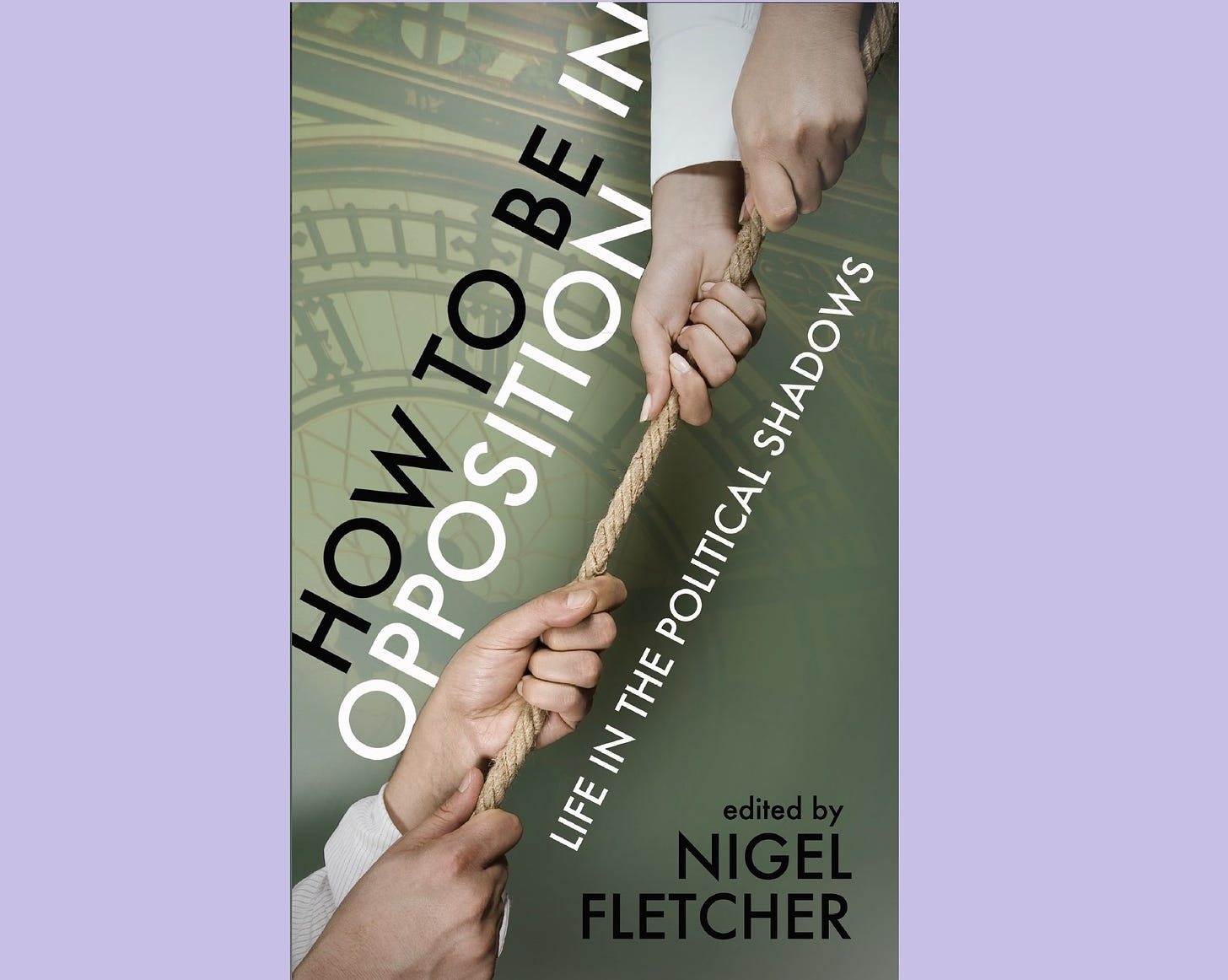
That’s all for now…
And so we reach the end of this epic first newsletter - I hope you have found at least some of it of interest. Do please recommend it to others, and let me know if you have any suggestions for things you think I should include in future weeks. Drop me an email via my website at https://nigelfletcher.org/
Very best wishes,




